
Listen to the MP3 audio file
The Solari Report – 15 Jan 2009
In 1997, I had approximately $500,000 of assets sitting in a 401(k) at T. Rowe Price. The funds represented a portion of the money I saved while working on Wall Street. After I left the Bush Administration, I used these funds, along with the proceeds of the sale of my house, to start a company called the Hamilton Securities Group.
It was not long before Hamilton Securities was successful and repaid my 401(k) the funds that had given it life.

A few years later, the federal loan sale program for which Hamilton served as financial advisor was the target of a highly politicized “investigation” by the federal government. A new Housing Secretary was eager to assist the Federal Reserve and Treasury in engineering a housing bubble: honest people had to go.
After a year of beating back false allegations, the government put my 401(k) under audit. My company’s chief financial officer and I looked at each other and said, “Uh-oh.” Somebody was trying to prevent me from borrowing the money.
Sure enough, a few months later the U.S. Department of Housing and Urban Development (HUD) created a pretext to withhold monies owed to Hamilton and demanded several hundred thousand dollars of contract close-outs. Our bank received anonymous tips which persuaded them to pull our credit line. Our insurance company breached its obligation to fund our attorneys. And (surprise, surprise) our auditors said that the audit meant I could not arrange a loan from my 401(k) to Hamilton Securities. We were to learn in time that the auditors were quite dirty in the affair.
Fearless by nature, I closed out my 401(k) without blinking an eye, paid $225,000 in taxes and penalties, and loaned the remaining money to Hamilton Securities for contract compliance and legal expenses. I hired an excellent attorney on contingency and sued the federal government for the monies owed.
And we eventually won.
The moral of the story was that if you stand in the way of the largest housing bubble and pump and dump in history, it pays to have a nest egg.
After winning the case, my accountant hoped that some or all of the settlement would repay Hamilton’s legal expenses. Thrilled at the possibility, she said, “The first thing we’ll do is set up a new 401(k).”
“No,” I said. “I will never have an IRA or 401(k) again.” To this day, I never have. Fool me once, shame on you; fool me twice, shame on me.
I assumed that my situation was unique – I hold highly visible positions – and that most people had nothing to worry about. There are numerous benefits to building savings in a 401(k) or IRA, although many of these plans are restricted in their investment choices. With persistence, someone can usually make such investment vehicles work for them. So, I had never considered the possibility of overt or covert confiscation of IRAs and 401(k)s until I read one of Franklin Sanders‘ comments about gold confiscation:
“Finally, gold and silver today don’t represent the huge pool of wealth they represented in 1933. [Solari note: the US government confiscated gold in 1933.] Why risk wide-spread disobedience to steal such a tiny plum? If the government wants to steal a big pool of wealth, they’ll snatch your pension funds and IRAs, not your gold.”
In fact, if you look at the value of most 401(k)s and IRAs lately, a great deal has already been “confiscated.” The mainstream media has described these losses as part of the normal economic cycle, but this is a fallacy. The losses are the result of a financial coup d’etat, including fraudulent housing bubbles, pump and dump schemes, naked short selling, precious metals price suppression, and active intervention in the markets by the government and central bank. Which begs the question, where is all this going?
I began hearing questions about whether it was safe to leave money in 401(k)s and IRAs late last year. These questions were due, in part, to a report in the Carolina Journal that floated the idea of federally-managed retirement accounts. And there were other concerns: the ease with which financial interests have manipulated Congress, the passage of the highly unpopular bailout package in 2008, and the growing federal deficit. These issues have raised the possibility of greater financial losses in 2009, increased capital controls, and possible constraints on 401(k)s and IRAs.
Enter the Wall Street Journal. Last week, a front-page article in the Journal examined recent 401(k) losses: Big Slide in 401(k)s Spurs Calls for Change. Here’s an excerpt:
“About 50 million Americans have 401(k) plans, which have $2.5 trillion in total assets, estimates the Employee Benefit Research Institute in Washington. In the 12 months following the stock market’s peak in October 2007, more than $1 trillion worth of stock value held in 401(k)s and other “defined-contribution” plans was wiped out, according to the Boston College research center. If individual retirement accounts, which consist largely of money rolled over from 401(k)s, are taken into account, about $2 trillion of stock value evaporated.”
First of all, as I have pointed out many times, money does not simply disappear. It goes somewhere. The fact that $2 trillion has suddenly “evaporated” may mean that some, even greater, corresponding value is now under new ownership. And, in this case, the owners are no longer ordinary investors. If you have doubts about this, see my definition of “pump and dump”.
The Journal article also raised the possibility of changes in the structure of 401(k) accounts:
“Congress has begun looking at ways to overhaul the 401(k) system … One such plan called for establishing accounts that would receive annual contributions from the federal government, and would offer a guaranteed, but relatively low, rate of return. Another proposed automatically investing contributions in an index fund that holds stocks and bonds, with the mix getting more conservative as workers approach retirement.”
So, the solution is that the victims cede even more power to the perpetrators. Who’s pushing these ideas? Why is the Wall Street Journal floating such a trial balloon on the front page?
I live in an area with increasing tornado activity, but I am not planning on selling my home because of these risks. I know how to track storm warnings. I have a disaster preparedness kit and I know where the town’s storm cellar is located. With this in mind, I am not advising anyone to pull their money from a 401(k) or IRA. But, I do think we should understand the rules associated with this process. We should also make it clear to Congressional representatives that any tampering is not acceptable.




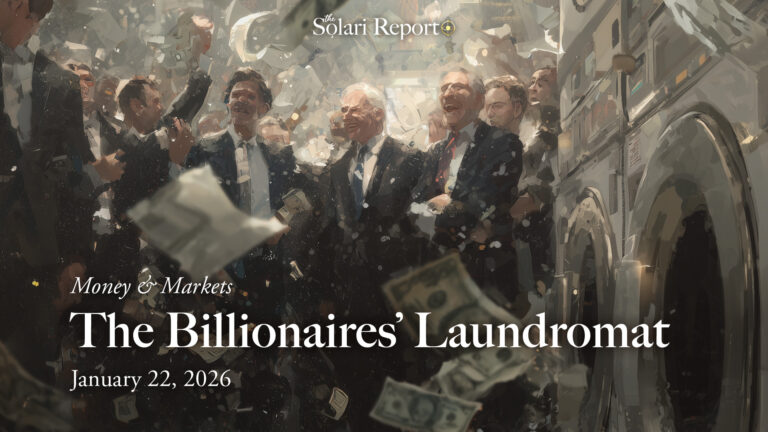



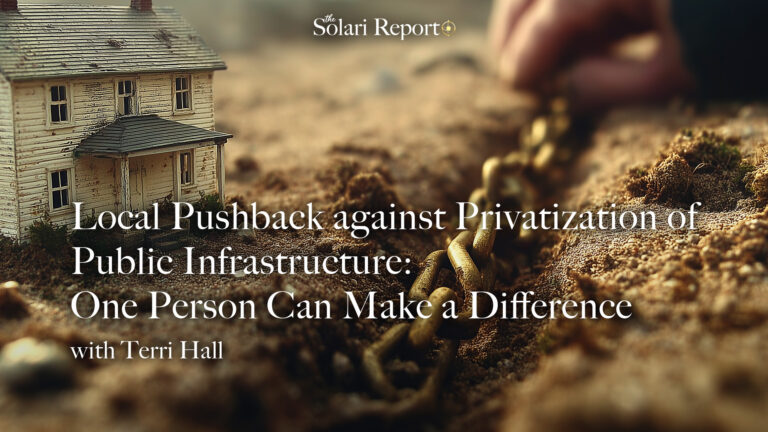
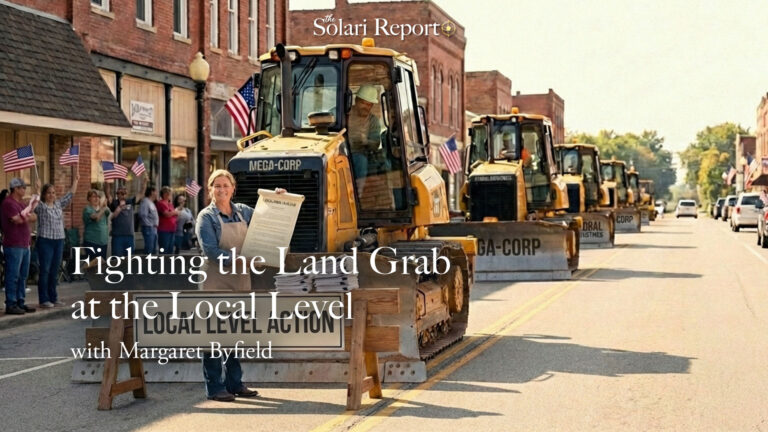
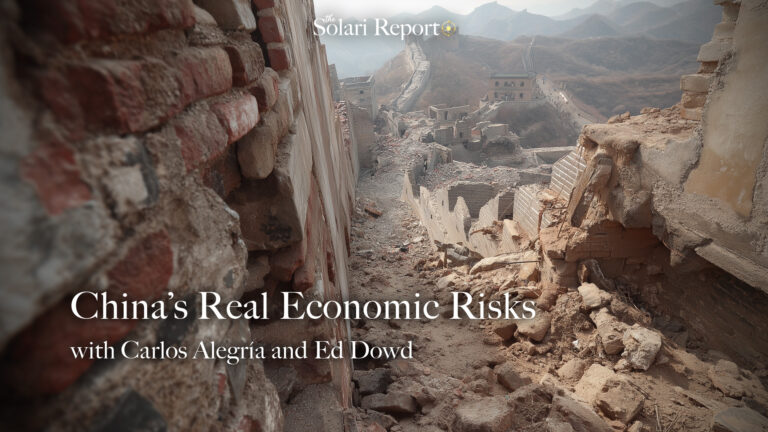
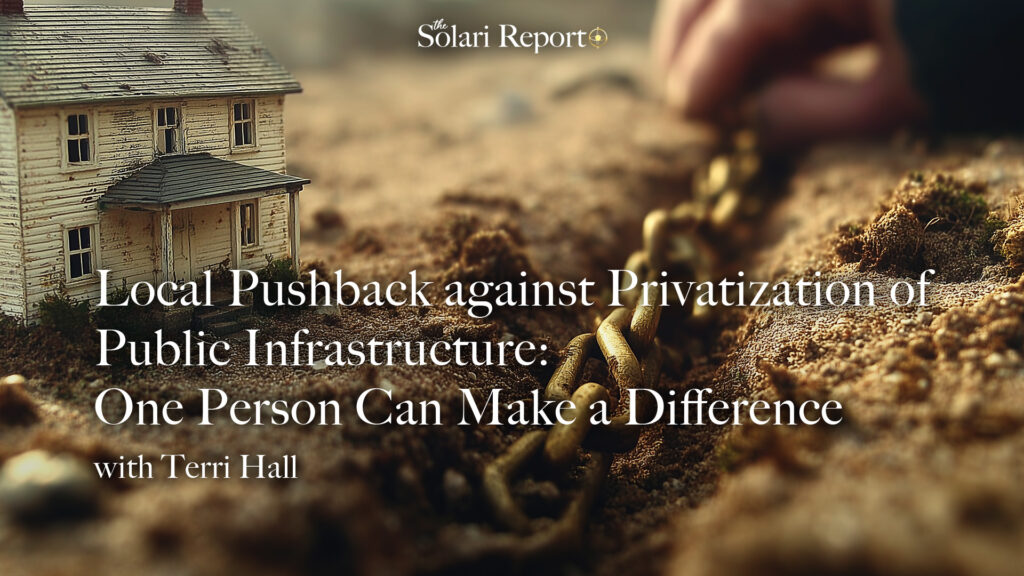
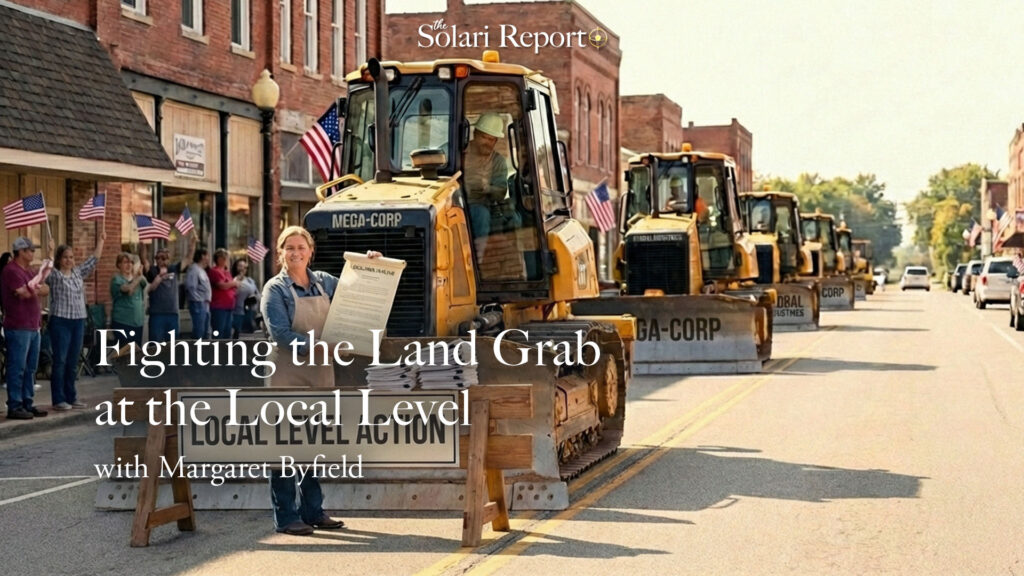
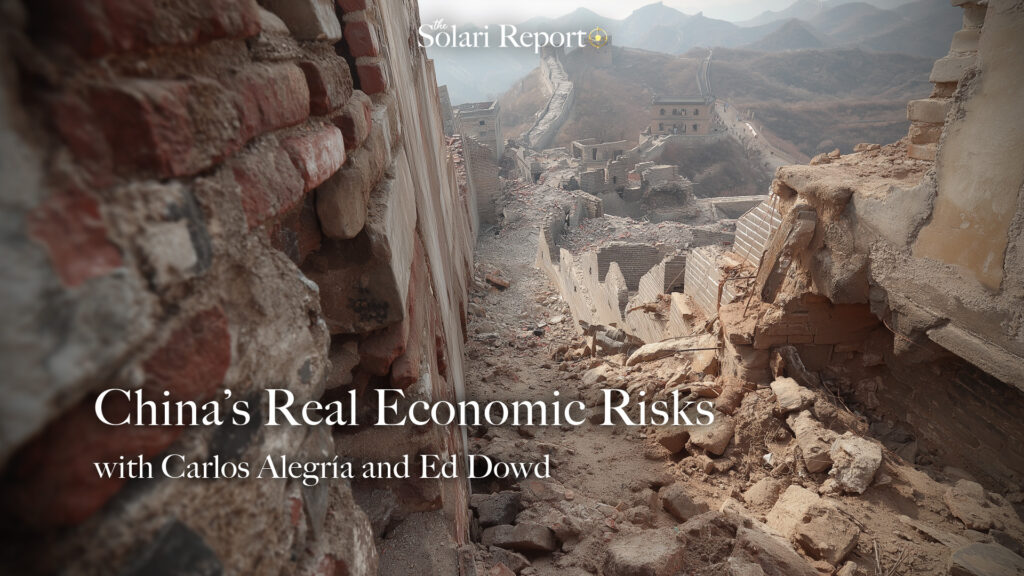



















































































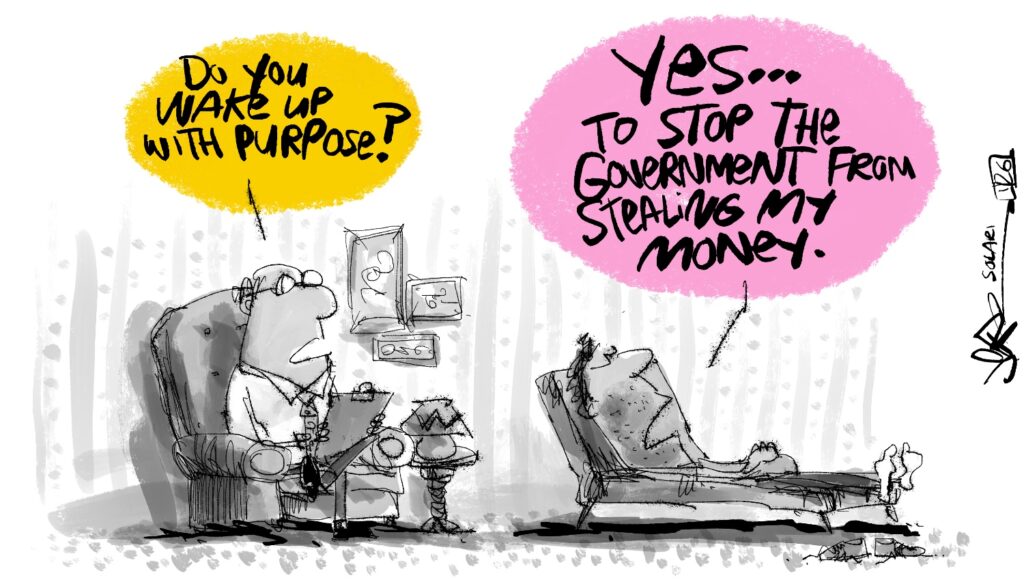





















Lets go to the Movies and review “Three Days of the Condor” with Robert Redford. This movie still brings chills to my spine after all these years and the ‘Big Oil, CIA and Survailence” themes map well onto the “Enemy of the State”. You might also consider reviewing Gene Hackmans 1974 thriller “The Conversation” which accurately portrayed state-of-the-art survailence technology in the late 60’s. One more movie I would like to hear you review is “V for Vendetta” with its take away messages that “The people should not be afraid of their Government; the Government should be afraid of their people” and that “Ideas are Bulletproof”.
All the best to you and your family.
Gordon
Okay,
I would like very much to close my 401k account. The funny thing is, I am told that inorder to receive my 401k monies,I have to be terminated and or fired.
I, too have had my share of IRA accounts, but mysteriously, I have no accounts anymore. I too, have been fooled, but I am getting wiser, thanks to your expertise and your site.
Chi-Megwetch(Thankyou).
Jay Saros
Gordon:
Three Days of the Condor is one of my ALL TIME FAVORITES. For sure, we will do it. One of the greatest quotes every to come out of Hollywood about the challenge before us:
Higgins: It’s simple economics. Today it’s oil, right? In ten or fifteen years, food. Plutonium. Maybe even sooner. Now, what do you think the people are gonna want us to do then?
Joe Turner: Ask them?
Higgins: Not now – then! Ask ’em when they’re running out. Ask ’em when there’s no heat in their homes and they’re cold. Ask ’em when their engines stop. Ask ’em when people who have never known hunger start going hungry. You wanna know something? They won’t want us to ask ’em. They’ll just want us to get it for ’em!
Here it is on YouTube:
http://www.youtube.com/watch?v=Eovei355l4o
V for Vendetta is on the list, although not soon. I will go back and take a look at “The Conversation.”
Thanks, Gordon!
At 48, I wonder if I’d be better off cashing in my remaining IRA ‘retirement’ money, and upgrading to a larger house, where I could rent out rooms, and share expenses and resources. If hyperinflation is coming so fast and quick, wouldn’t it be better to buy anything we could possibly need now? Is there still time to make a change like this?
A few years ago, many investors who realized that our markets were being manipulated organized NCANS, the National Coalition Against Naked Shorting. The first thing NCANS did was publish a letter to Bush to tell him we didn’t want the Federal Government taking over our retirement accounts. The small percentage they had been talking about didn’t seem like much until you put it all together… on Wall Street. We thought we’d been effective until they went after the treasury.
We’ve raised awareness, but there has been a real struggle with the financial media to address the manipulation of stock. Members had their phones bugged, our banking records were stolen, people were ridiculed in the financial press for taking a stance against criminal activity.
It is very interesting that Goldman Sachs had Madoff blacklisted, yet the CEO who then became Secretary of the Treasury never mentioned it. Madoff was so bad that Goldman Sachs wouldn’t trade with him and advised clients against him, but nobody at Goldman who knew cared enough to have him investigated. Surely, the Secretary of the Treasury is in a position to have a 30 billion dollar fund investigated. One has to wonder if Madoff is the norm and he really didn’t stand out.
This is completely off-topic, but it is so inspirational and we all need a little of this. Regenerative medicine. http://www.youtube.com/watch?v=qxhi4Q8EDTU
I have ZERO doubt that the plan is to screw all Americans out of these retirement funds. It just makes sense. The govt is already gettng desperate for sources of ‘revenue’ and as the stock market & economy continue to collapse they will become even more desperate.
We are repeating the 1930’s all over again – same kind of collapse, same knid of frauds, same kind of govt ‘interventions’. In 1933 FDR closed the banks, devalued the dollar and snatched the gold. The govt is best thought of as an organism – and any organism has as it’s primary goal, it’s own survival. The survival of the citizens/taxpayers is irrelevant. The IRA’s, 403’s and 401k’s WILL BE confiscated – you can see and read about the plans being made already. I moved half of my IRA money out last year and the other half should be out in the next few months – this minimizes the tax hit.
Ms. Fitts I would like congratulate you on your bravery – there are only a very few Americans in the public spotlight willing to tell the truth.
If you have not already done so, I would strongly recommend taking a look at Strauss & Howes book, The Fourth Turning. These guys predicted 911, Bush’s re-election, and the current economic debacle – and they did it in 1997.
Thank you for your insight Catherine. As part of the revised Pension Protection Act (2007) Employers have been given greater latitude to direct the default option for retirement plans. Prior to passage of this legislation an employee who did not make an investment election was defaulted to a stable value fund (money market or similar) per regulations. The default election for many plans, in fact all plans I work with, is now a time/age based portfolio.